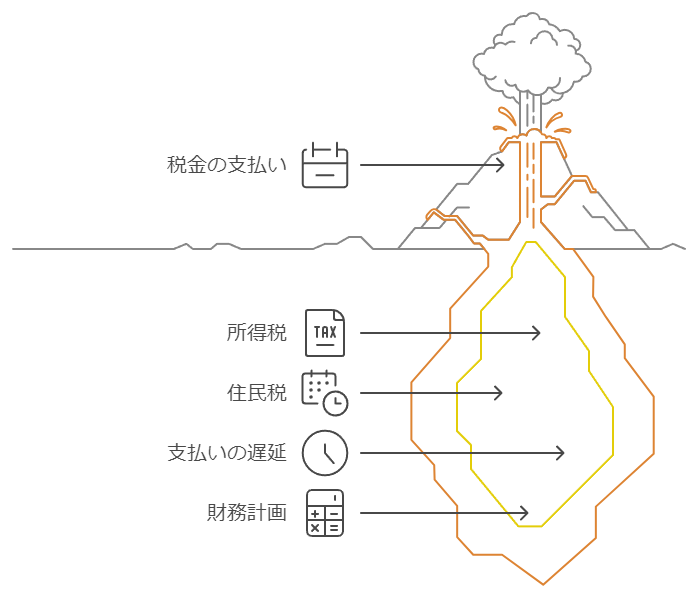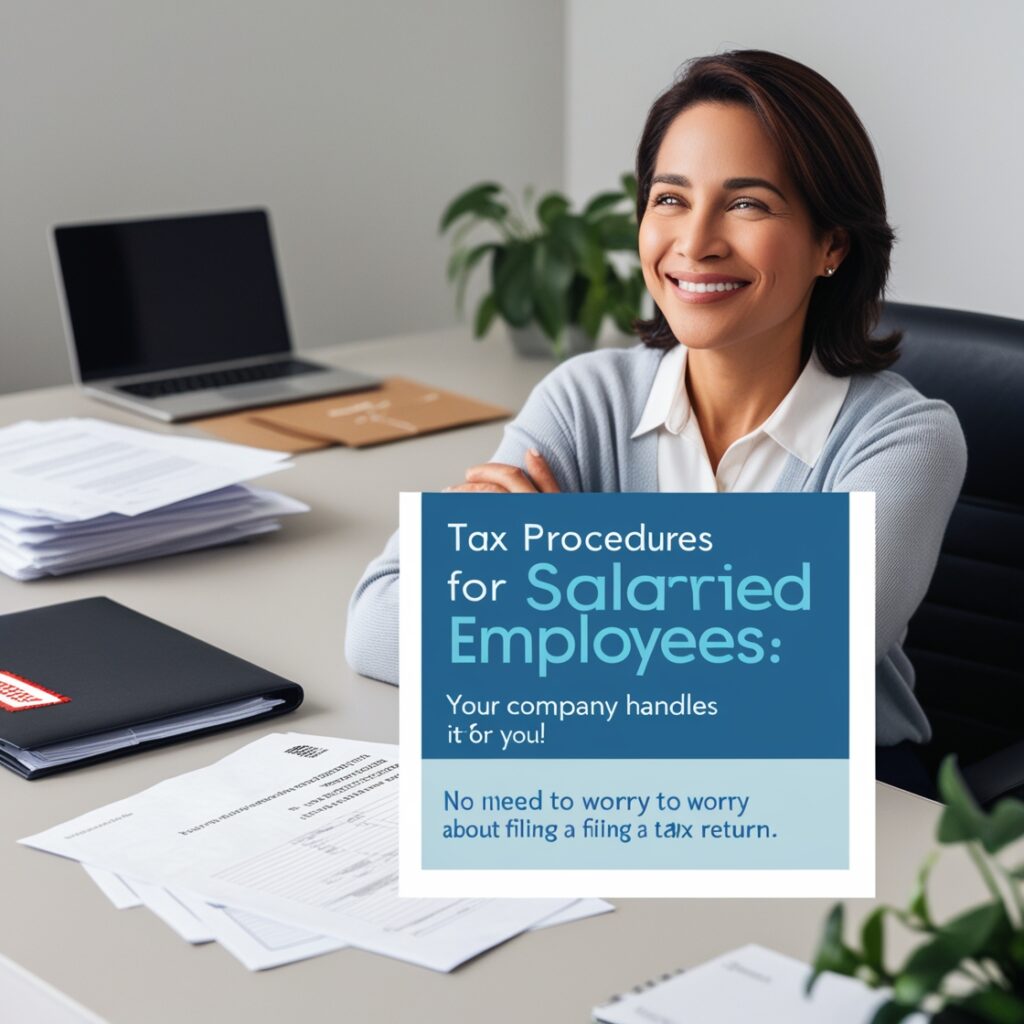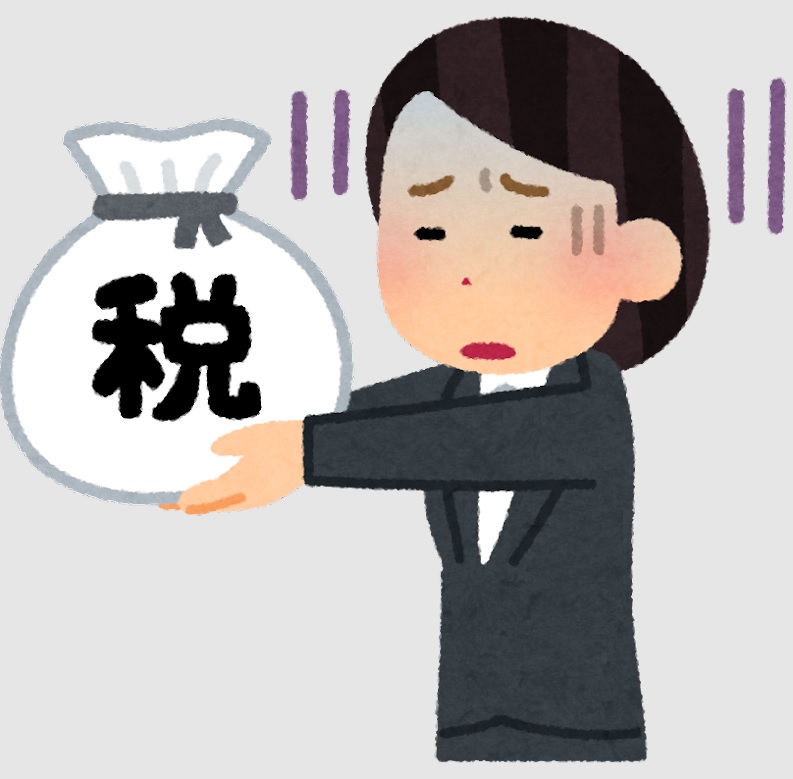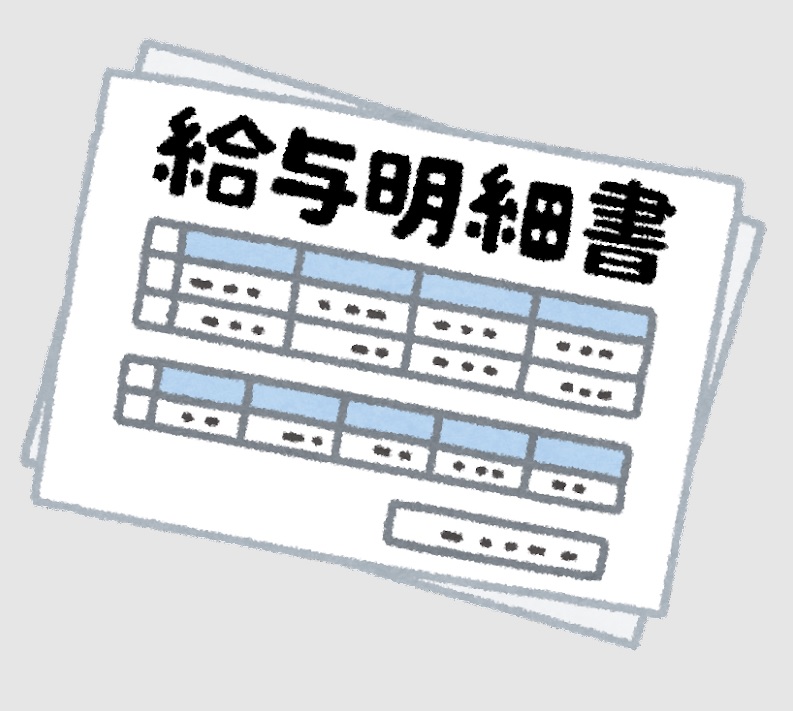「所得と課税所得: 税金の曖昧な関係を解明」
〜前回のつづき〜
●手取りと額面の違いを理解して、賢く納税しよう(つづき)

(2)住民税
ややこしいことに後払いなんです。
例えば2024年の12月の課税所得
2025年の6月から払い始めます。
だからあなたが会社員してるのであれば
今払っている住民税というのは
去年の分の住民税を払っているんですよ。
ちょっとややこしいですよね?
所得税は先に払ってるのに
住民税は後払いなんですよね。
ちょっとここが難しいです。
だから会社員を辞めると
去年の住民税が
ドカンとまとめて来るんですよ。
(住民税を納税するタイミング 出典:リベラルアーツ大学)
これは会社員だけです。
会社員を辞めると
去年の払ってない分
まだ払えてない分が
まとめてドカンと請求が来る。
だから個人事業主になった瞬間
会社員を辞めた瞬間に
税金が来るとか
税金が高くなると言われる理由です。
どっちにしてもまだ払ってない分なので
いずれかは払わないといけない分なんですよ。
会社員であろうが個人事業主であろうが
いずれ払わなければならない分ですが
まとめて来ちゃうので
ちょっと損した気分になってしまう。
特に会社員を辞めて
所得が減ってる時
給料が無い時に
ドカンと来ると
なかなかキツいんですよね。
●サラリーマンの税金は、会社が代わりにお任せ処理!面倒な確定申告は不要です。

サラリーマンの税金手続きについて
お話します。
会社員というのは
源泉徴収と年末調整
で納税の手続きをします。
だから確定申告は不要です。
会社が代わりにやってくれる
という事です。
本来なら確定申告をしなければならないのが
会社で代わりにやってくれてるんですね。
毎月のザックリ天引きの源泉徴収と
年末にちょっと調整して
確定申告は不要になるという事ですね。
●個人事業主の税金は、成功の証!押さえるべきは所得税・住民税・消費税

個人事業主にかかる税金は
・所得税 2〜45%
・住民税 10%
・事業税 0〜5%
・消費税 10%
がそれぞれかかってきます。
事業税というのは業種によります。
事業税を払うのは
ある程度軌道に乗ってるという事なので
ほとんどは
・所得税
・住民税
・消費税(課税事業者の場合)
です。
●税金の正体は課税所得!曖昧な「所得」に隠れた真実を知ろう。

税金というのは課税所得にかかります。
売上(収入)ー経費ー控除
=課税所得
課税所得に税率を掛けたら
支払う税金になります。
課税所得に税金というのは
掛かるんですけど
所得と言ってるものが
課税所得であったり
結構曖昧だったりする。
だから所得に対して
税金が掛かると言ってても
厳密に言うと課税所得にかかる。
なかなかここが曖昧で
本来は課税所得にかかる。
どっちの事を言ってるのか。
私も略して所得と言ってるものが
どっちの事を言ってるのかというのは
意識してもらえるとよろしいかと思います。
会社員の場合は
給料ー控除=課税所得
事業主の場合は
売上ー経費ー控除=課税所得
会社員というのは
ほぼ経費がありません。
経費というのが基本認められない
と思っておいたらちょうどいいです。
〜〜〜つづく〜〜〜
Special Thanks college president Ryo.
●おまけ
≪≪Chat-GPTくんによる要約→perplexityちゃんによる文章まとめ≫≫
住民税は前年の所得に基づいて課税され、翌年の6月から徴収が始まります。会社員の場合、住民税は特別徴収として給与から天引きされ、毎月均等に支払われます。一方、自営業者は普通徴収で年4回納付します。退職時には前年分の住民税が一括請求されることがあり、特に注意が必要です。
会社員は源泉徴収と年末調整を通じて納税手続きが行われるため、通常は確定申告が不要です。これに対し、個人事業主は所得税(2〜45%)、住民税(10%)、事業税(0〜5%)、消費税(10%)が課税されます。
重要なのは、税金は「課税所得」に基づいて計算されることです。課税所得は、売上から経費と控除を引いた金額であり、実際にはこの課税所得に対して税率が適用されます。会社員の場合、経費はほとんど認められないため、注意が必要です。
Citations:
[1] https://www.casio-human-sys.co.jp/column/2024052303/
[2] https://www.zeiken.co.jp/zeikenpress/column/0012zp20210608/
[3] https://www.shinkeiei.jp/faq/526/
[4] https://www.cr.mufg.jp/mycard/knowledge/23031/index.html
[5] https://www.freee.co.jp/kb/kb-payroll/how-to-calculate-resident-tax/
[6] https://www.cr.mufg.jp/mycard/beginner/22063/index.html
[7] https://biz.moneyforward.com/payroll/basic/18634/
[8] https://biz.moneyforward.com/payroll/basic/60540/
≪≪Chat-GPTくんによる英訳≫≫
~Continuation from the Previous Discussion~
【Understanding the difference between take-home pay and gross income for smart tax payment(Continued)】
2.Resident Tax
Resident tax is somewhat complicated as it is paid in arrears. For example, if your taxable income is from December 2024, you start paying it in June 2025. So, if you are an employee, the resident tax you are currently paying is actually for the previous year. This can be confusing, as income tax is paid in advance, while resident tax is paid later. When you quit your job, you’ll get a hefty bill for the resident tax you owe from the previous year. This situation applies only to employees. Upon leaving your job, you’ll be hit with a lump sum bill for the resident tax you haven’t paid yet, which is why people say that taxes can be higher when you become a sole proprietor or stop being an employee. Either way, it’s still an amount you owe; it’s just that receiving it all at once can feel burdensome, especially when your income has decreased or you have no salary.
【Tax Procedures for Salaried Employees】
Salaried employees have their tax procedures managed through withholding and year-end adjustments, making it unnecessary to file a tax return themselves. The company takes care of this, allowing for a simplified process with monthly deductions and minor adjustments at the end of the year.
【Taxes for sole proprietors: A sign of success! The key to focus on is income tax, resident tax, and consumption tax】
Sole proprietors are subject to various taxes:
・Income Tax: 2–45%
・Resident Tax: 10%
・Business Tax: 0–5%
・Consumption Tax: 10%
The business tax varies depending on the industry. Paying business tax typically indicates that the business is somewhat successful, while the main taxes to focus on are income tax, resident tax, and consumption tax (for taxable businesses).
【The True Nature of Taxes is Taxable Income】
Taxes are applied to taxable income, which is calculated as total revenue (income) minus expenses and deductions. When people refer to “income,” it can be ambiguous, as it often means taxable income. It is essential to be clear about what is meant when discussing income and taxes. For employees, taxable income is calculated as salary minus deductions, while for business owners, it’s revenue minus expenses and deductions. Employees typically have very few allowable expenses, so it’s reasonable to assume that expenses are generally not recognized.
Special Thanks OpenAI and Perplexity AI, Inc


